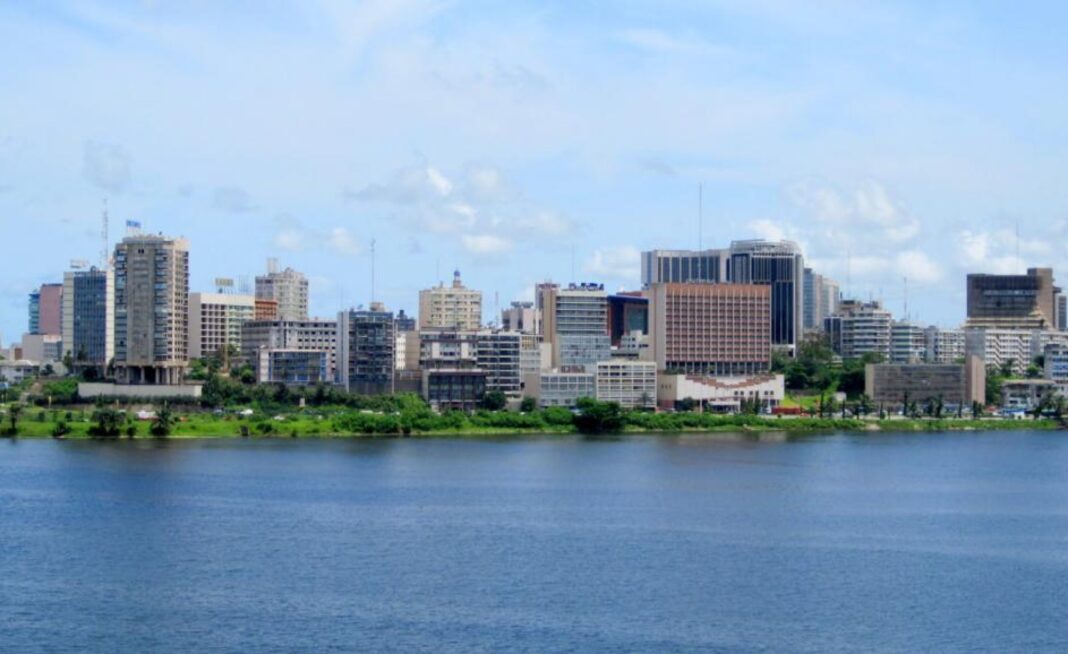Final stretch in Côte d’Ivoire, where nearly 8.7 million voters are called to elect their president on Saturday, October 25. Five candidates are in the running, including the incumbent, Alassane Ouattara, who is seeking a fourth term.
In Abidjan, the economic capital, posters of all the candidates cover the city, whose life has been somewhat paced by the campaign. The streets have been crisscrossed by several political figures, aboard sound-system trucks. This is the case for Jean-Louis Billon, a candidate backed by the Code, a coalition of political parties.
He notably traversed the Abidjan municipalities of Marcory and Koumassi extensively. The main challenge for this former Minister of Trade is to convince members of the PDCI, his party, to vote for him. This is because, following the withdrawal of the candidacy, the party did not issue any voting instructions.
On the rally front, incumbent President Alassane Ouattara held meetings on the weekend of October 18-19 at the Félix-Houphouët-Boigny stadium. One with young people, the other with women. It was an opportunity for him to present his record in the fight against sexual and gender-based violence, as well as in terms of gender parity in public institutions. Seeking a fourth term, he used the occasion to state his priorities: “I want all women in Côte d’Ivoire to know how to read and write by 2030,” he declared, also showing a willingness to advance women’s rights in Côte d’Ivoire.
With meetings of a different kind, some candidates faced questions from the Ivorian employers’ association. This is the case for Ahoua Don Mello. This independent candidate, a former activist, advocates for the country’s economic sovereignty. For nearly two hours, business leaders were able to ask him concrete questions about the feasibility of his program.
It wasn’t all about Abidjan
The Ivorian economic capital didn’t monopolize all the attention either. Take Henriette Lagou, for example, who traveled through several localities in the center of the country and went as far as Korhogo in the north. During her tours, she focused on local visits with traditional chiefs and socio-professional groups.
A similar approach was adopted by Simone Ehivet, the trade unionist, who notably went to the west, center, and southwest of the country. At each stop, she emphasized one theme: national reconciliation. The former First Lady believes that “hearts are still heavy, there are people who still mourn their dead,” and recommends compensating them.
Alongside the campaign, to try to prevent unrest, the authorities have decided to ban all demonstrations by political groups for two months, except for those of the candidates running in the election. This is an extension of a decision taken in early October by the National Security Council, which had then banned “rallies and public demonstrations aimed at challenging the decisions of the Constitutional Council.”
